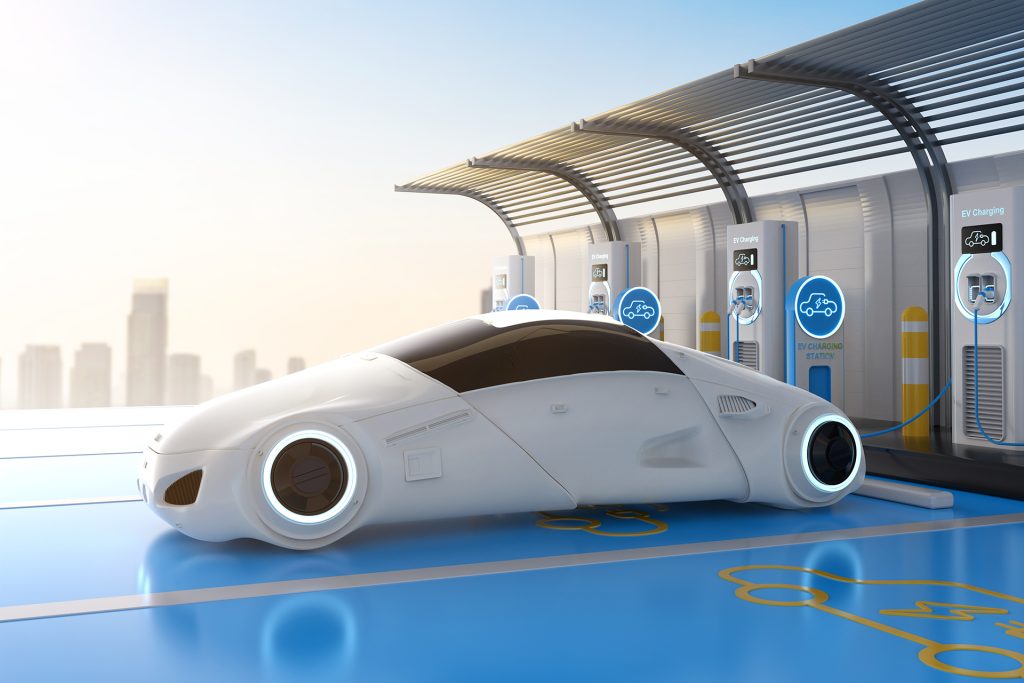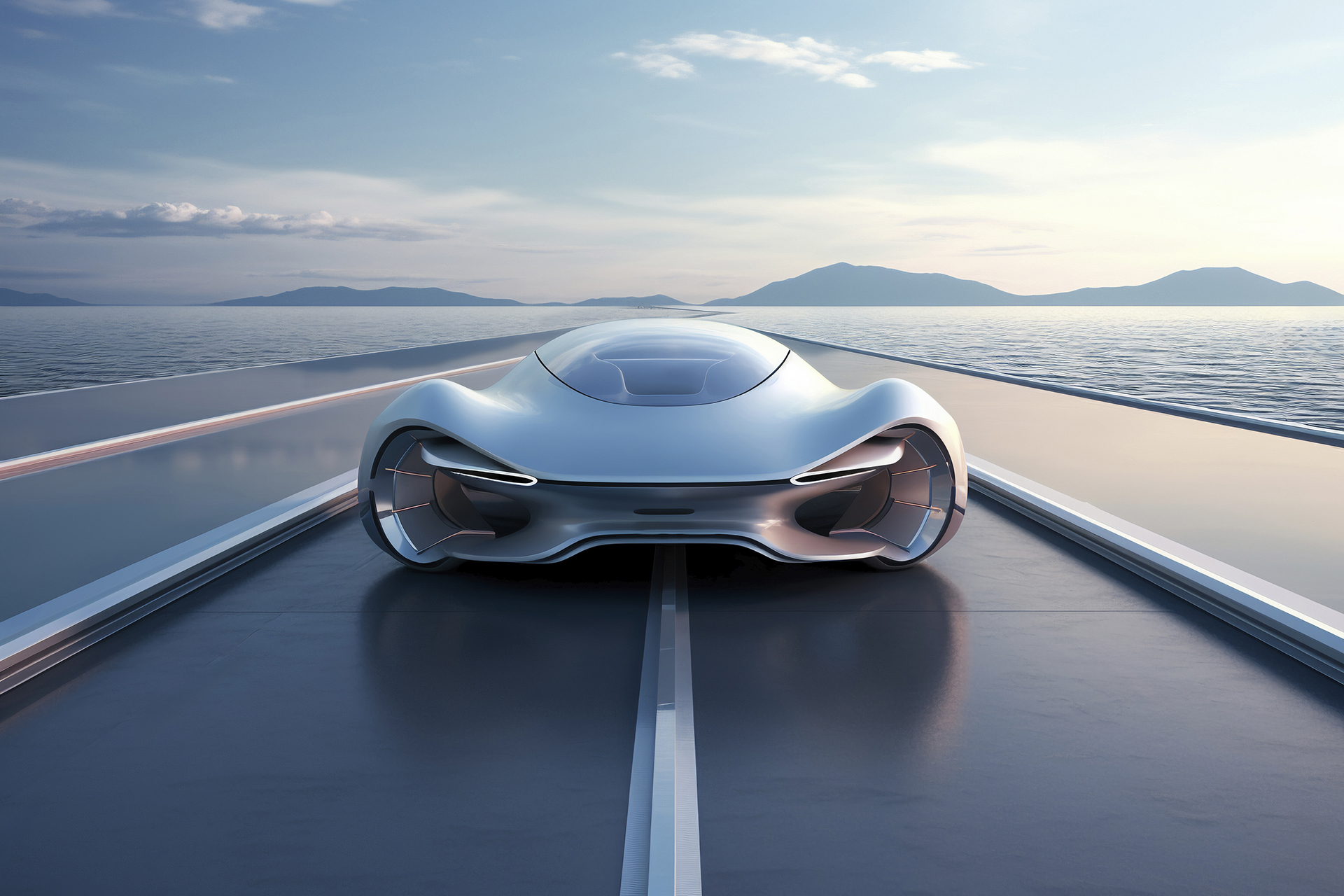It appears that the current-generation Nissan GT-R is facing a transitional phase. The future path of this Japanese supercar seems to be at a crossroads, with two potential directions ahead. One possibility is to continue along the familiar path of combustion-powered engines that the GT-R has been known for. Alternatively, there’s talk of a significant shift towards embracing all-new electric powertrains.

3d rendering driverless car or autonomous car plug in with ev charging station
Nissan’s leadership has been deliberating on the future direction of the GT-R, and it’s likely that any decision will involve a careful consideration of the car’s weight dynamics. Introducing new batteries and motors for electric power could potentially add further complexity to the already hefty sports car, altering its performance characteristics.
I mean we’re doing Formula E, right? Track-to-road learning,” he said. “I didn’t join Nissan to do a minivan, my first car was a Nissan Z. So yes, the short answer is yes [we will continue to build sports cars]. The question is when can those cars move to EV? And that goes back to the technology. We need to develop the blocks so that the car makes sense. We will not do a half-baked GT-R, that’s not the intention. So, the when is the difficult question.
The question that arises from these reports is whether Nissan is considering a hybrid option for the GT-R before making a complete transition to electric power. A hybrid GT-R could potentially utilize the current car’s VR38DETT 3.8-liter twin-turbo V-6 gas engine, which already boasts an impressive output of 500 horsepower and can be further tuned for higher performance. Maintaining the current car’s sub-4,000-pound curb weight while adding extra batteries and motors would pose a significant challenge, but the potential performance benefits might outweigh any increase in weight. Nissan would likely strive to minimize weight gain while maximizing performance.

Unlocking smart car by mobilAlthough there’s no indication of an imminent release of a hybrid GT-R, it seems more plausible, based on Nissan’s corporate strategy, that the company would wait for advancements in battery technology before fully committing to an electric GT-R replacement. Nissan has stated its intention to focus on developing lighter and more advanced solid-state batteries, with testing expected by 2026 and production implementation targeted for 2028. Additionally, Nissan has announced a shift away from developing new combustion engines, opting to utilize existing technology until the transition to fully electric platforms is completed in the next decade.


